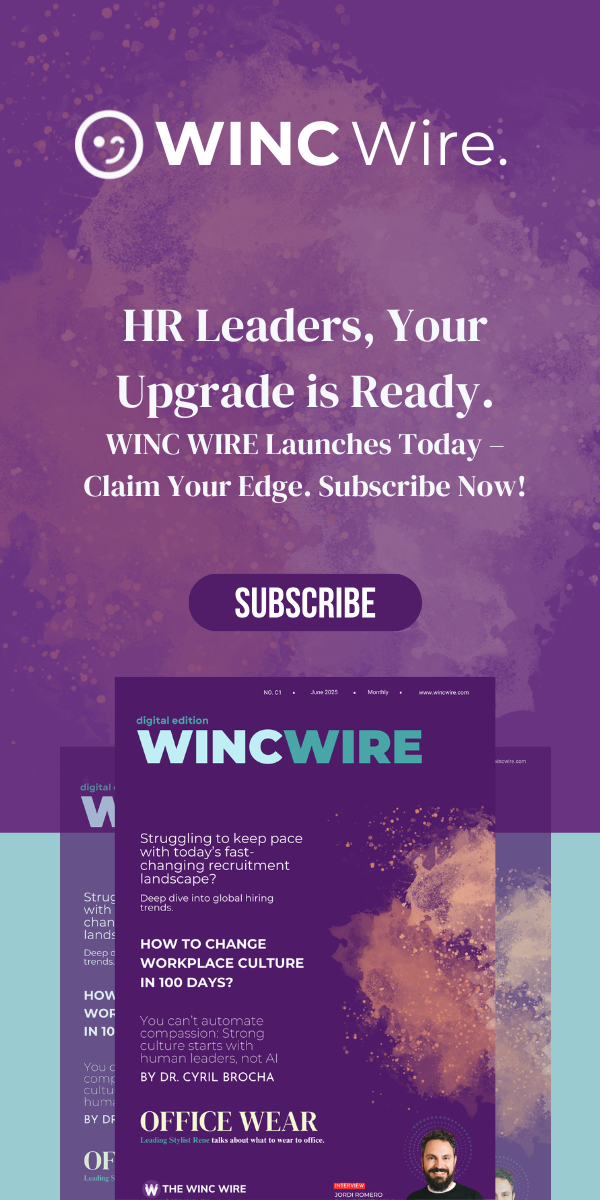Meetings. That word alone can evoke a groan in even the most seasoned professional. We’ve all sat in rooms or on screens wondering why we’re there. Yet meetings persist, entrenched in our working rhythms. Take Zoom, for example. Despite evidence that “no-meeting Wednesdays” can lift productivity, they recently reversed course. It’s enough to make you raise an eyebrow, isn’t it?
In my years across hospitality boardrooms and HR war rooms, I’ve learned this: a meeting, like any gathering, must earn its place in the diary. Not by habit, but by purpose. Time, after all, is our most limited resource why squander it?
The Meeting Conundrum
Research suggests we spend around 30% of our working lives in meetings. It’s a staggering statistic. Companies attempt fixes meeting-free days, shorter sessions but without addressing the root cause. The true dilemma isn’t the frequency; it’s the lack of clarity and intent.
Here’s the real question: Why are we meeting at all? When purpose leads, people follow. But when a meeting drifts no agenda, no ownership, no energy it becomes a drain, not a driver.
The Three Anchors of Meaningful Meetings
Across sectors—from automotive strategy reviews to hotel management briefings I’ve found only three legitimate reasons to bring people together:
1. To Share Information
Think of this as your organisation’s internal broadcast system but it must add value.
- Department Updates should centre on strategic shifts, not routine status checks.
- Networking Dialogues thrive when reciprocal avoid the hard sell and aim for authentic exchange.
- Brainstorming Forums should allow ideas to flow unfiltered. Creativity withers when critique arrives too early.
2. To Make Decisions
The boardroom equivalent of taking the wheel meetings designed to steer the ship.
- Strategic Planning Sessions that set course and define KPIs.
- Pitch Presentations where new initiatives compete for backing.
- Project Reviews that checkpoint progress and reallocate resource as needed.
3. To Gather Feedback and Enable Dialogue
These are your feedback loops vital for tuning the engine.
- Focus Groups that listen to employees, customers, or stakeholders.
- One-to-Ones or Coaching that develop capability and confidence.
- Training Workshops that provide space for both upskilling and reflection.
Designing Meetings with Precision
In hospitality, we were taught that every guest experience is choreographed the same principle applies to meetings. From pre-event briefings to post-meeting actions, attention to detail transforms utility into impact.
Before the Meeting
- Circulate a Proper Logistics Brief If travel’s involved, don’t scatter updates. One clear document covering travel, hotels, amenities does wonders.
- Clarify Pre-Reading – Don’t just attach a PDF. Highlight expectations: “Please review pages 4–7 before we meet.”
At the Start
- Create a Welcoming Moment – Even for familiar teams, a sincere welcome grounds the room.
- Distribute the Agenda, Don’t Assume – Print it. Highlight key discussion points. Set shared expectations.
- Acknowledge Visitors – New joiners or guests need orienting—cultural cues matter.
During the Meeting
- Prioritise Visibility – No one should be squinting over someone’s shoulder. Layout matters.
- Comfort Counts – From broken projectors to dodgy chairs, don’t let poor logistics ruin momentum. Always have a Plan B.
- Provide Wi-Fi Access – Include login details up front. No one wants to hunt for them mid-session.
- Offer Thoughtful Refreshments – A good coffee or light bite shows care. It’s a small gesture, but one that resonates.
After the Meeting
- End on Time – Respect the clock. Finishing early is a win; overrunning isn’t a badge of honour.
- Follow Through – Circulate minutes swiftly. Assign actions. Track them. A meeting without follow-up is like a strategy without execution—pure theory.
Reframing the Role of Meetings
We may never eliminate meetings, nor should we. But we can redefine them. Like a well-run hotel, where every touchpoint is curated, our meetings should feel intentional, not habitual.
So next time you consider booking that 3 p.m. slot, pause and ask: Is it to inform, to decide, or to invite discussion? If it’s none of these, perhaps the most productive decision is not to meet at all.
Meetings aren’t the enemy. Poor meetings are. Let’s swap obligation for impact, and transform every gathering into a moment of clarity, connection, and contribution.


